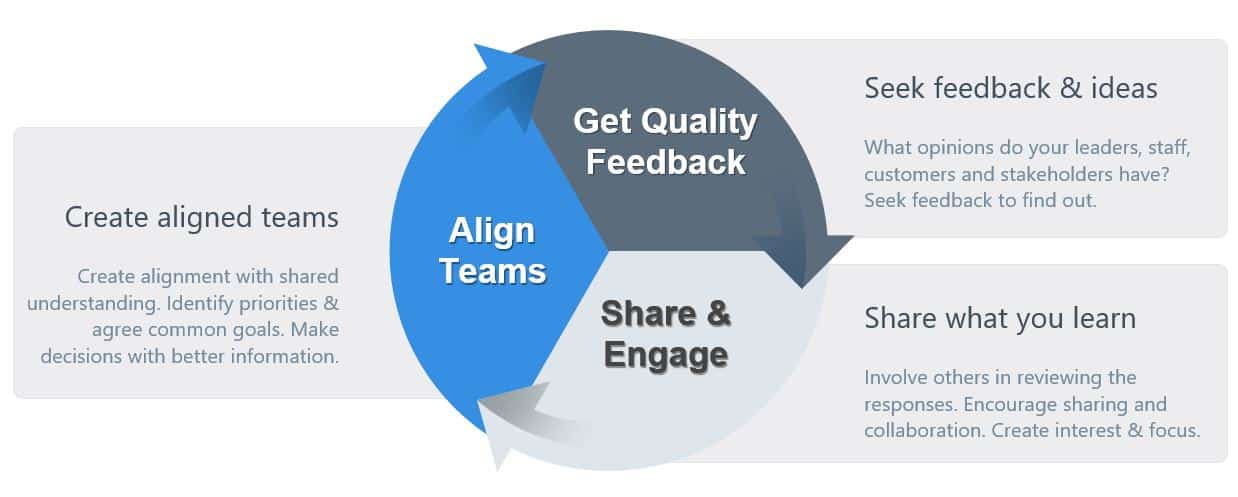Some tips to become a better delegator
“If you don’t know what to do with many of the papers piled on your desk, stick a dozen colleagues initials on them and pass them along. When in doubt, route.” … Malcom S. Forbes
- Are you too busy? Doing too much yourself? Ask yourself – is this a task I should be doing? Manage your time better, get out of the detail and decide what you should delegate.
- Not sure where to start? Take the time to analyse what is stopping you from delegating – perfectionism, trust, skills, concern for others, risk aversion, prefer doing it yourself, worry about the quality if you let go, excuse for not focusing on the critical?
- Analyse your day. Write down all your responsibilities or tasks. Look at your desk or inbox. Review your email Inbox. Consider what you are paid to do. What are others paid to do? Is the balance right? What is the best investment of your time? What are you doing that you should not be doing? What are you not doing that you should be doing? Decide what is important and essential that you perform. Be ruthless. Delegate the rest.
- Where needed, spend your time helping others learn to do it rather than doing it yourself. That is an investment that will pay major dividends.
- Invest the time to delegate properly. One mistake is failing to plan the delegation. Don’t simply throw work at people. Delegation is an investment that requires careful planning and execution. Be clear about the aims for delegating, performance expected, timeframe for delivery, how you will communicate, the skills required versus the skills of the person or team, what support will be required and what the follow up plan is.
- Follow a structured and disciplined delegation process. If you don’t have a structured delegation model then get one. Search the web, find relevant readings, review previous training materials, ask your manager or mentor, and find out if your organisation uses a specific model.
- Provide people with clarity about what has to be done, why and when.
- Set clear objectives, perform regular reviews, be available to support and give valuable feedback.
- Allow realistic timeframes – expect that others will take longer to perform tasks than you. Don’t set timeframes based on your own capability.
- Ask your team – what work do I perform that you could do and what help would you need?
- Don’t micromanage! Set checkpoints and be available to help but don’t look over shoulders.
- Importantly, use delegation to test the talent of your people. Challenge them! See if they have the capability to measure up! You won’t know unless you delegate.
- Recruit better!
“The best executive is the one who has sense enough to pick good men to do what he wants done, and self-restraint enough to keep from meddling with them while they do it.” … Theodore Roosevelt
Delegation is a fundamental leadership skill and essential for leadership success. Effective allocation of work to individuals or teams is essential to distribute work, balance the use of resources, reduce bottlenecks, provide development opportunities, build engagement, motivate, improve productivity and to ensure appropriate expertise is applied to tasks.
“Never tell people how to do things. Tell them what to do and they will surprise you with their ingenuity.” … General George Smith Patton, Jr.






